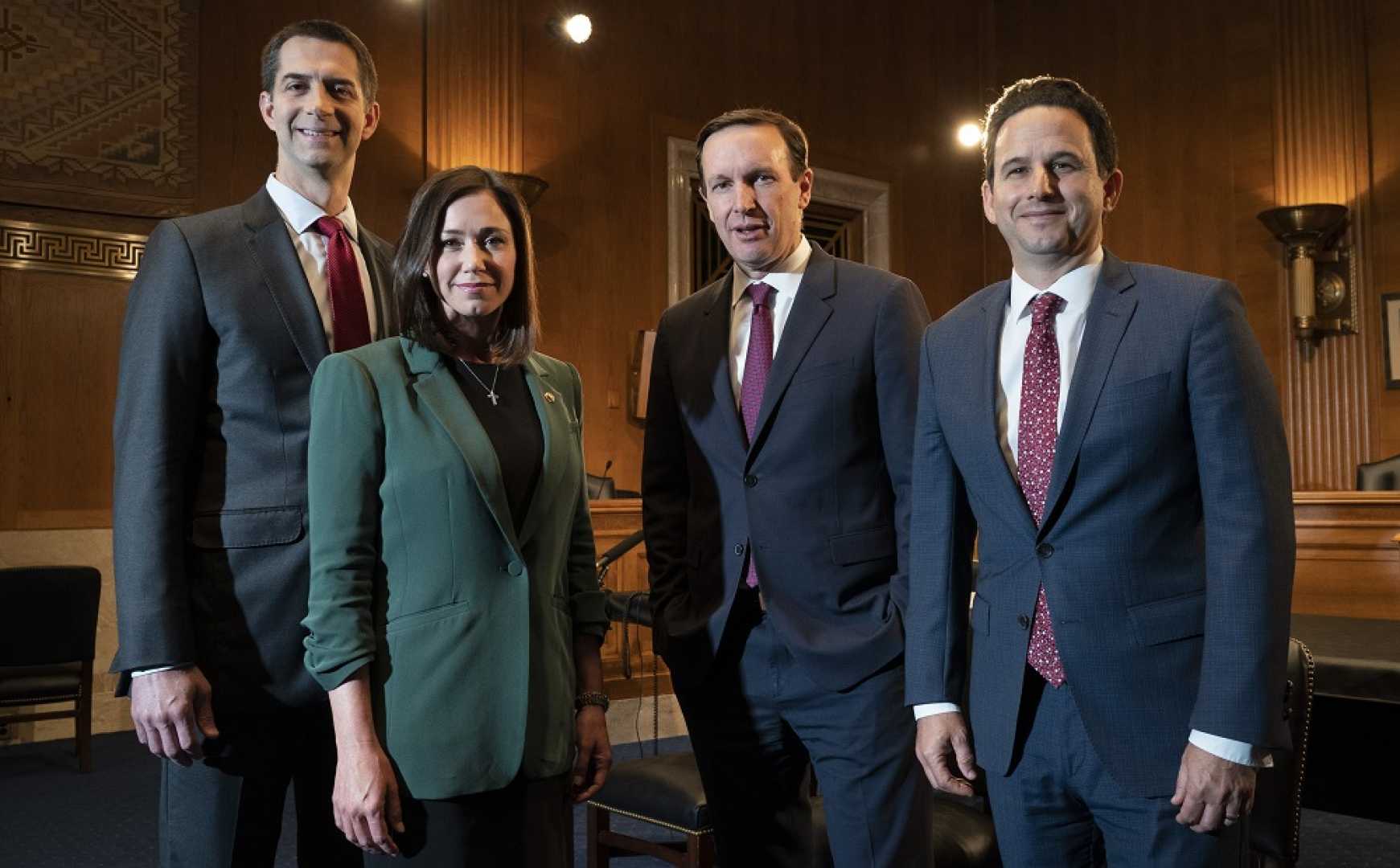Politics
Parents Support Social Media Ban for Teens Amid Safety Concerns

Anita Comyn, a concerned parent, has expressed regret over allowing her eldest son to have a mobile phone at an early age. The primary reason for giving him the device was safety, as he needed to catch the bus home from school. However, Comyn stated, “The reality is they don’t actually need it. We have lost control of the phone; it is just so addictive.” She described the situation as a total nightmare, highlighting the constant notifications from apps like Snapchat that distract her son from schoolwork and social interactions.
In light of these challenges, the Australian government has proposed a ban on social media usage for teenagers, with parents like Comyn welcoming the initiative. Comyn noted that if the age limit were set at 16, it would simplify the conversation with her child by allowing her to say, “You can’t have it.”
Shannon O’Donovan, another parent, echoed similar sentiments, stating that her son’s personality improved significantly when devices were left at home during a recent overseas trip. She has restricted his use of social media and believes that a government ban would further assist in enforcing these restrictions.
Academic Anita McSweeney, author of a book on digital device addiction, believes that such a ban could potentially enhance academic performances by improving concentration and sleep quality among students. She commented on the current distractions faced by students, noting that they often arrive at school overstimulated and waiting to be entertained.
Meanwhile, Mariana Papa, who manages her daughter Bianca’s Instagram account, argues against the ban, claiming that it has provided her daughter with opportunities in the performing arts and connections with other dancers. Papa noted, “It can be really nice, and it would be really sad if they banned it.”
Further support for the legislation has come from the federal Opposition, as well as provincial leaders in Victoria and South Australia, who have their own ideas for social media controls. However, experts warn that a blanket ban may not necessarily improve safety online. Carly Dober, from the Australian Association of Psychologists, has described the ban as a simple response to a complex issue that overlooks the deeper problems of online safety.
As a response, Prime Minister Anthony Albanese has indicated the government’s commitment to implementing legislation by the end of 2024. Age verification trials will be conducted, with considerations for a minimum age between 14 and 16. Albanese remarked that young Australians frequently encounter online bullying and harmful content, underscoring the need for protective measures.
Opponents of the ban argue that the proposal is reckless and could alienate youths from valuable online communities that support marginalised groups. Daniel Angus, from the Queensland University of Technology, expressed concern that restricting access could drive young people to lower quality online spaces and reduce their social connections.
Despite the differing opinions, some experts believe that the most dangerous approach is to do nothing at all. Professor Ben Edwards of the Australian National University advocates for closer examination and monitoring of any implemented bans to assess their impacts on both positive and negative outcomes for youth.












